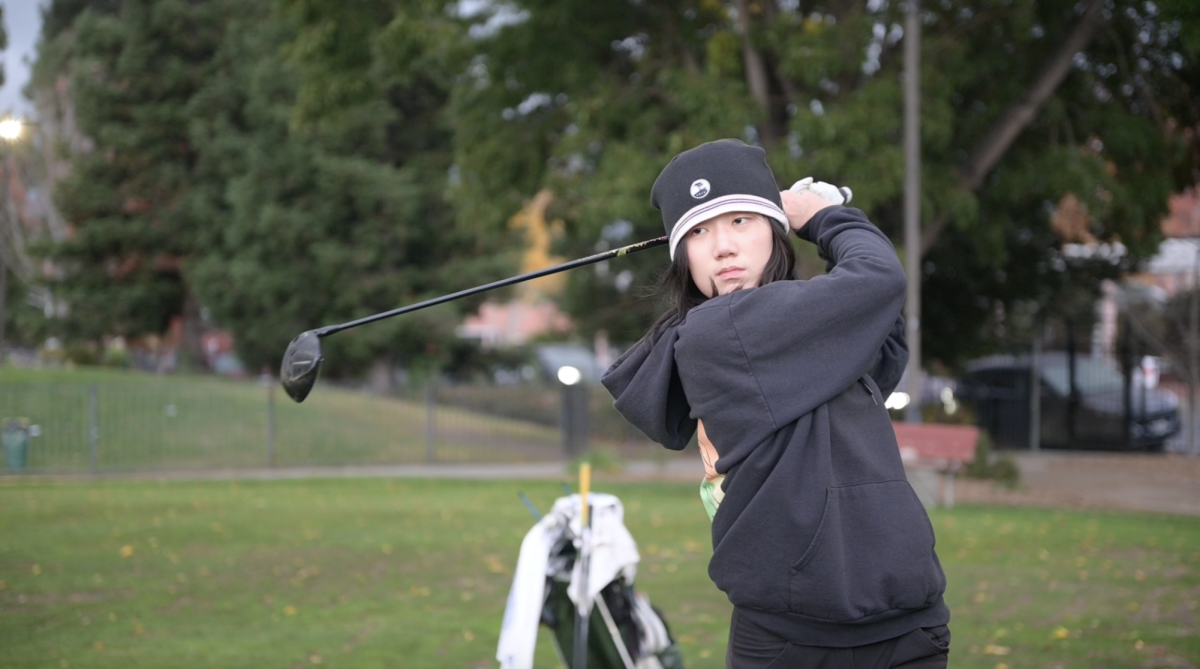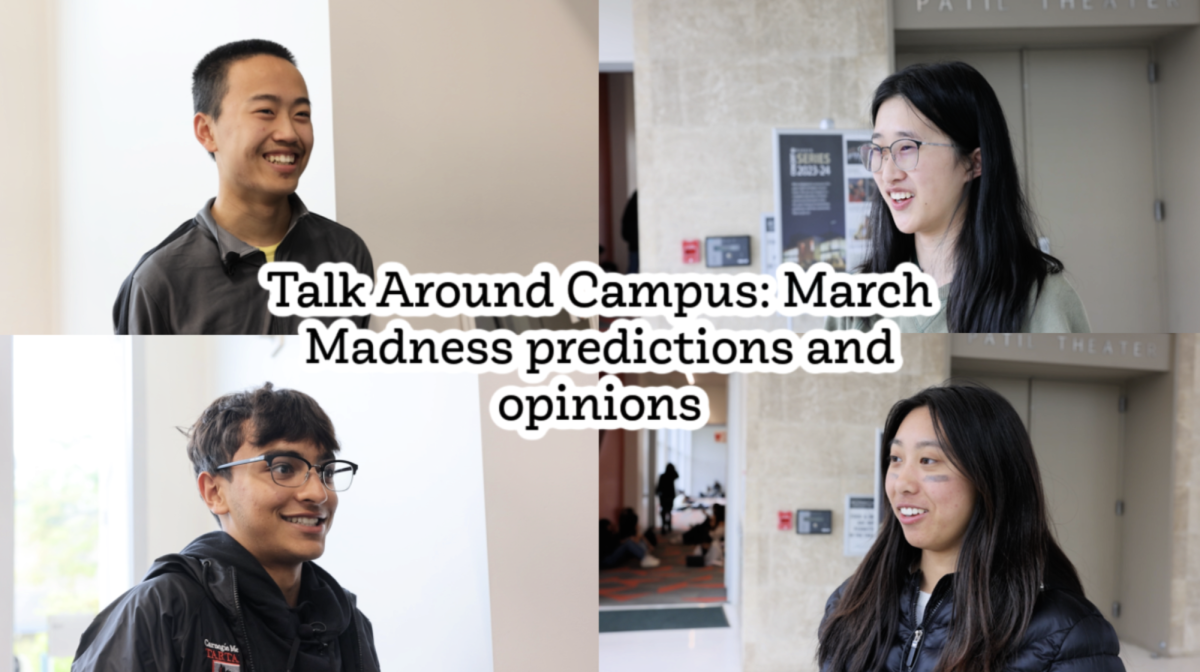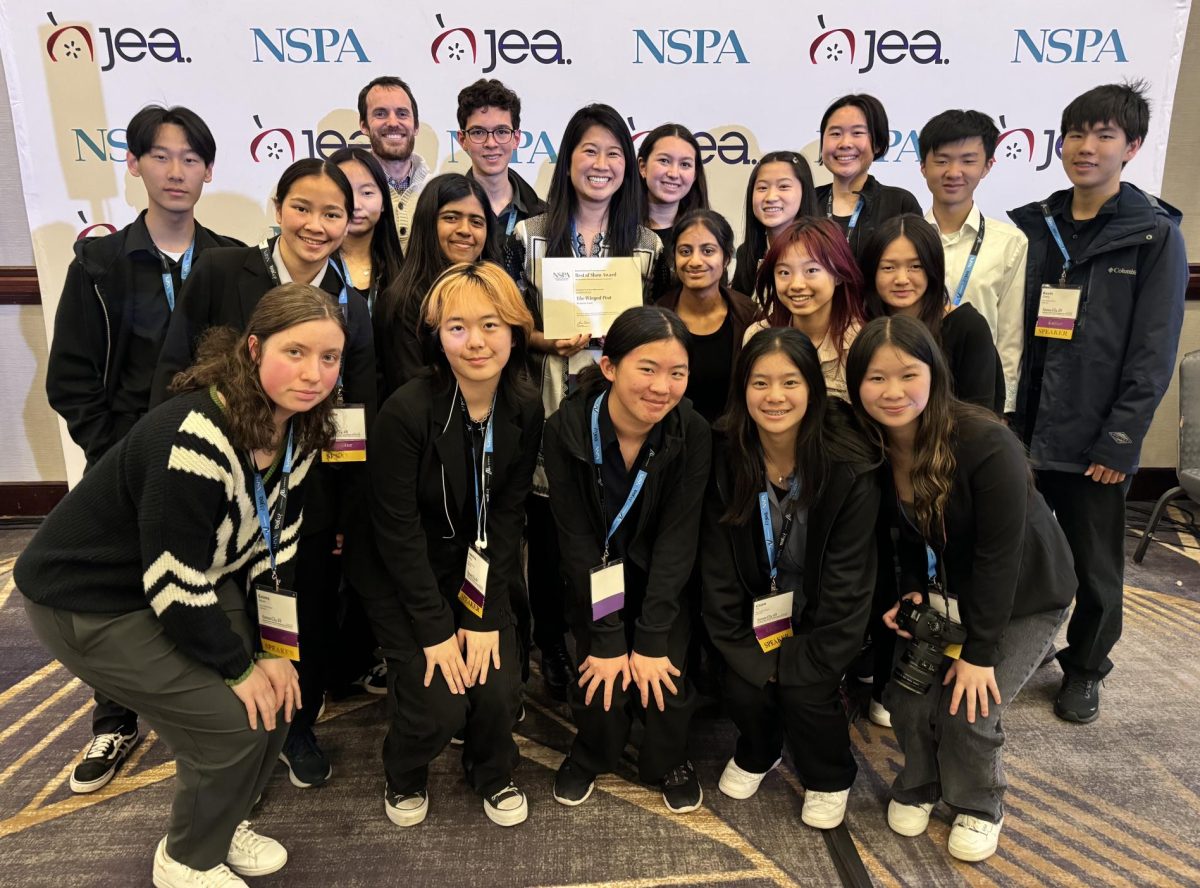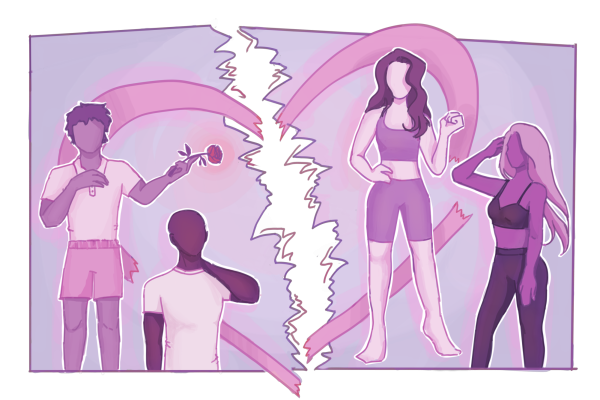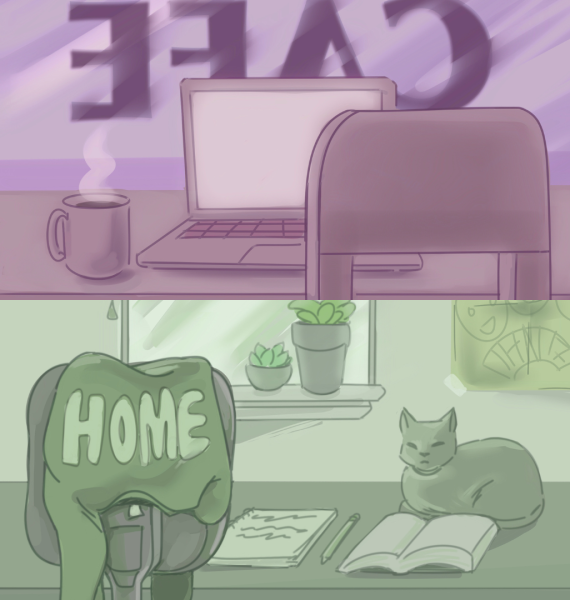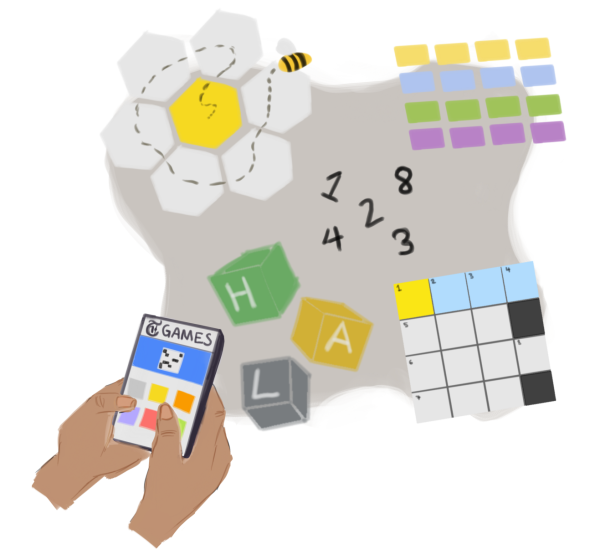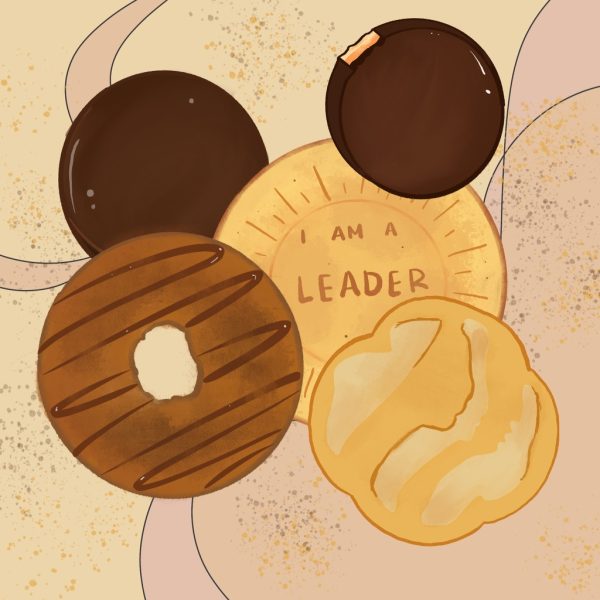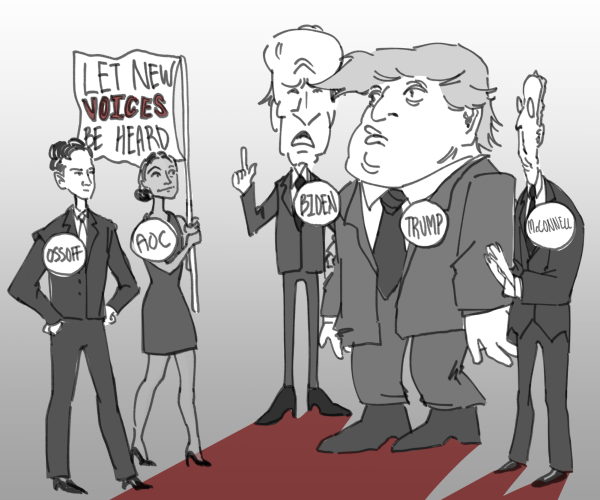Staying on track: A perspective on personal wellness
Focusing on your mental health can translate to happiness and improved work performance. Do not make frantically catching up with your work load while ignoring your mental health a habit.
March 17, 2017
Second semester of senior year has arrived, which means it’s time for me to start writing columns where I look back on my high school journey and wax poetic about the lessons I’ve learned. And hey, I’ve always been a sheep at heart, so why stop now? I’m sure almost every other senior has some pseudo-profound, fairly trite life advice to impart, but here’s mine:
My junior year, I loaded up. I had a rigorous course load, I was in club leadership, I had a time-significant editorial position on this very staff and I wasn’t taking a free period. Everyone (and I mean a good 10-plus individuals) told me I needed a free. “Trust me,” said my editors. “You’re crazy,” said my friends. “Are you sure about this?” said my advisor.
Naturally, I didn’t listen to any of them. I was different. I could handle it.
At this point, you’re probably thinking, Oh boy, another one of THESE stories. This is the part where she tells us how she was really stressed and unhappy and her grades dropped and we need to take fewer APs.
Well, think again, genre-savvy reader, because that wasn’t what happened at all. I was totally fine first semester. I used good time management skills, wrote daily schedules and was able to maintain my grades without ever sleeping past 11. I even had time to start running daily 5Ks, and I lost 10 pounds. #humblebrag
Granted, my social life was nonexistent and I studied through lunch, but that didn’t matter. I was #winning. And while I wasn’t sure if I was happy, I definitely wasn’t unhappy. I was content. I could have survived like that forever. In another world, I probably did.
But second semester, a series of random events in my personal life catapulted me out of the numbed headspace necessary to maintain my first-semester lifestyle. The same feelings of inferiority that had motivated my work ethic compounded into obstructive unhappiness.
After six months of feeling nothing, I felt everything. I vacillated between paralyzing anxiety and overwhelming lethargy, I couldn’t find motivation to work and even insignificant events would send me hyperventilating to the bathroom. Unsurprisingly, my grades dropped. (It’s very difficult to concentrate on a calculus quiz during a panic attack.) It was a bad cycle: lower grades led to more anxiety, which led to even lower grades.
Aha! my strawman version of you is thinking. This is the part where she talks about how her first-semester life was unsustainable and she really SHOULD have taken a free.
Still nope. While my first semester lifestyle was indeed unsustainable, it wasn’t because of the work. The fact is, I did all the things I was supposed to do to reduce my load when I started having problems. I quit my sport and stopped taking an hour to exercise every day. None of that helped, and neither would have a free.
My problem was never the amount of work I had, it was the underlying emotional issues that stopped me from working. In the grand scheme of things, my problems were trivial. I am confident that if I had made my mental health a priority instead of suppressing what I was feeling, my second semester would have been fine. My mistake wasn’t an overambitious load, it was trying to brute force my way through personal problems and ignoring my emotional state.
Well, OK, you might be thinking. This happened to her, but it won’t happen to me.
You might be right. It’s possible that you’ll breeze through the entirety of high school without ever stumbling. But eventually, something will knock you out of your routine, and suddenly you’ll need slack you don’t have. This is inevitable because none of us know our limits until we hit them.
So to all the non-seniors out there, here are my two cents. I would love to tell you to pull back and take a free and not feel pressured to skip ahead in subjects because your friends are doing it. But I know that for a lot of you, nothing I can say will convince you to cut yourself some slack, because nothing could have convinced me.
So instead, my pseudo-profound, fairly trite advice is this: treat your mental health like an AP class. Put in effort, do your research and take the time to introspect. And like in a class, if you’re struggling, target the problem and get extra help. That might mean talking to a counselor, or getting a therapist, or meditating, or going on medication or maybe even just dropping a course and taking a free period. (Trust me when I say that literally no college will care.)
Working hard at your mental health will translate to improved academic performance, but more importantly, it will translate to happiness. That, I think, is something worth learning.
This piece was originally published in the pages of The Winged Post on February 21, 2017.































![Setter Emma Lee (9) sets the ball to the middle during the match against Pinewood on Sept. 12. “[I’m looking forward to] getting more skilled, learning more about my position and also becoming better friends with all of my teammates, Emma said.](https://harkeraquila.com/wp-content/uploads/2023/09/DSC_4917-2-1200x795.jpg)
































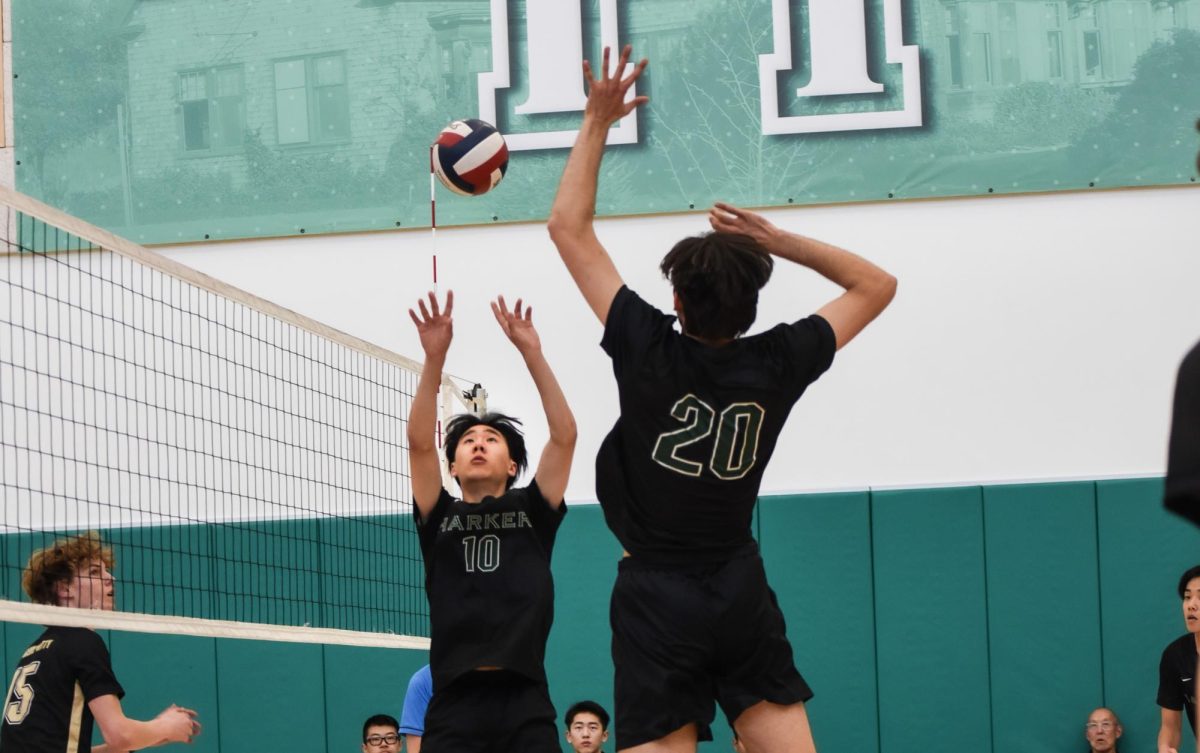
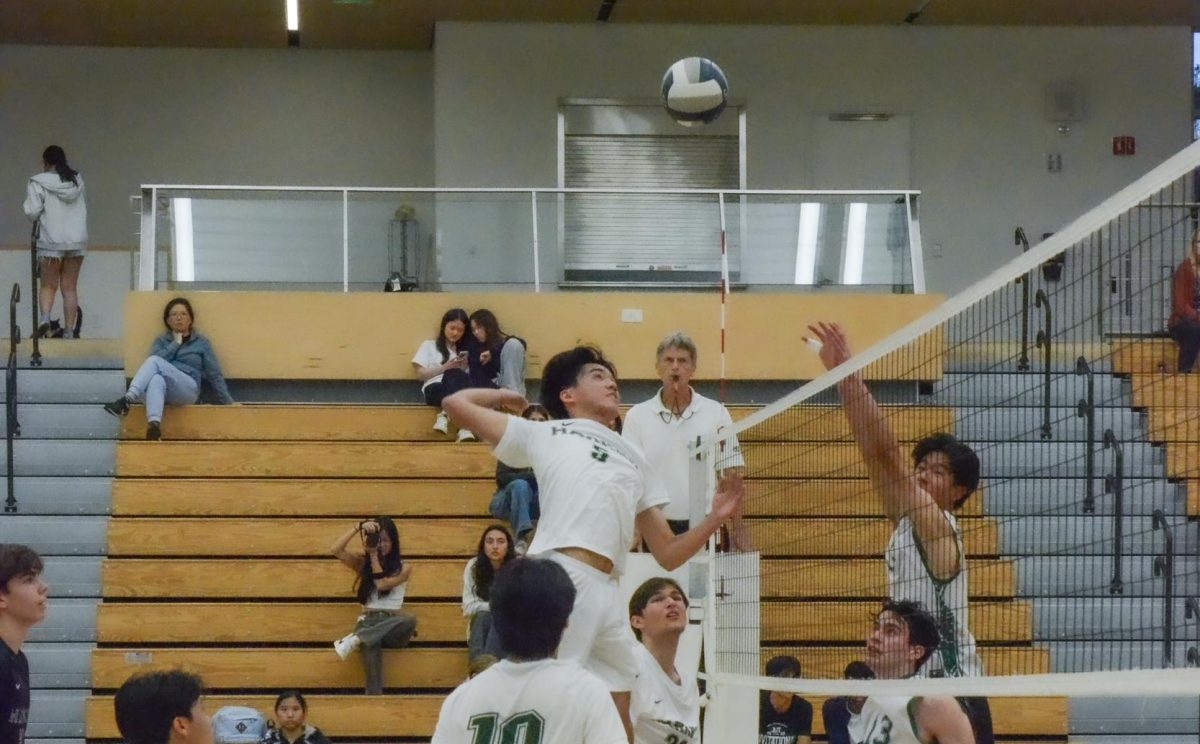

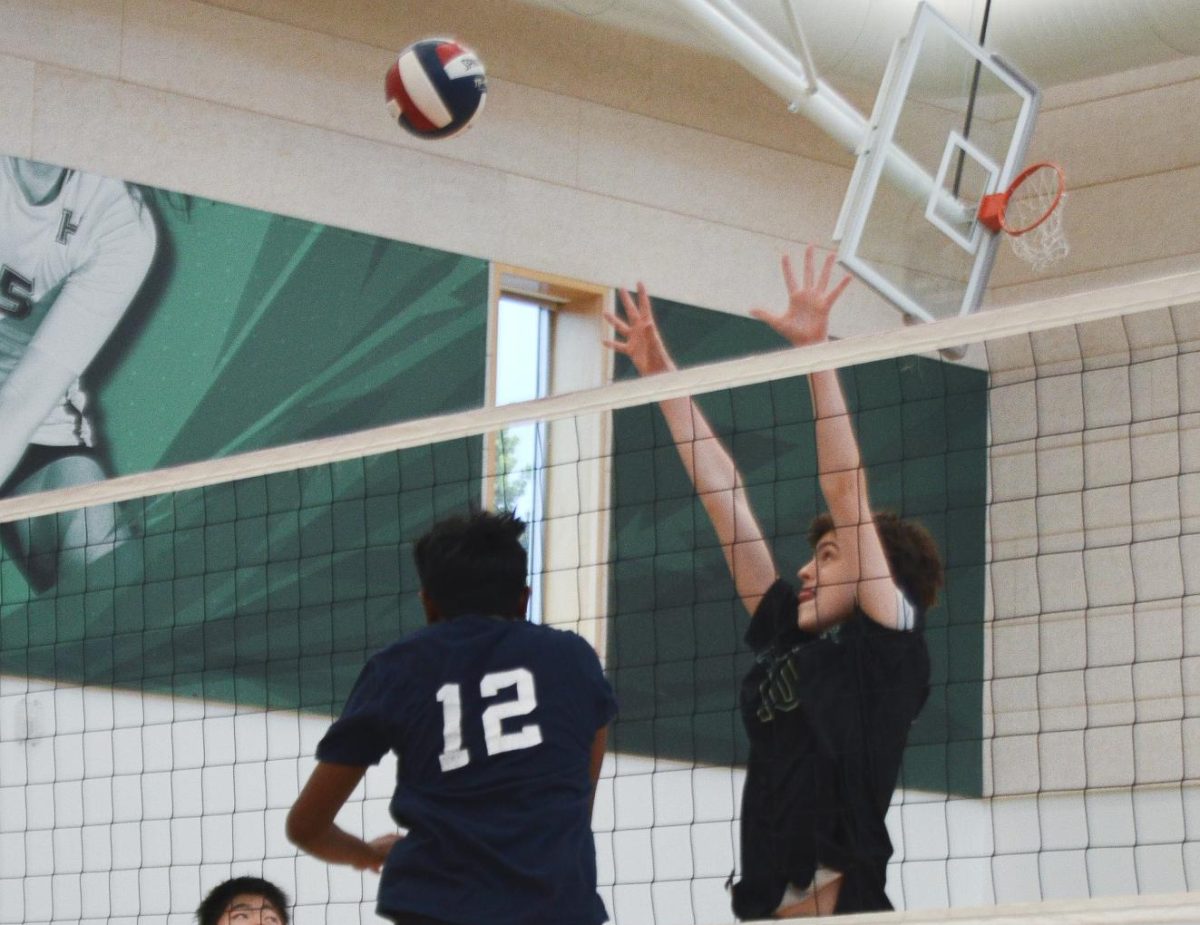
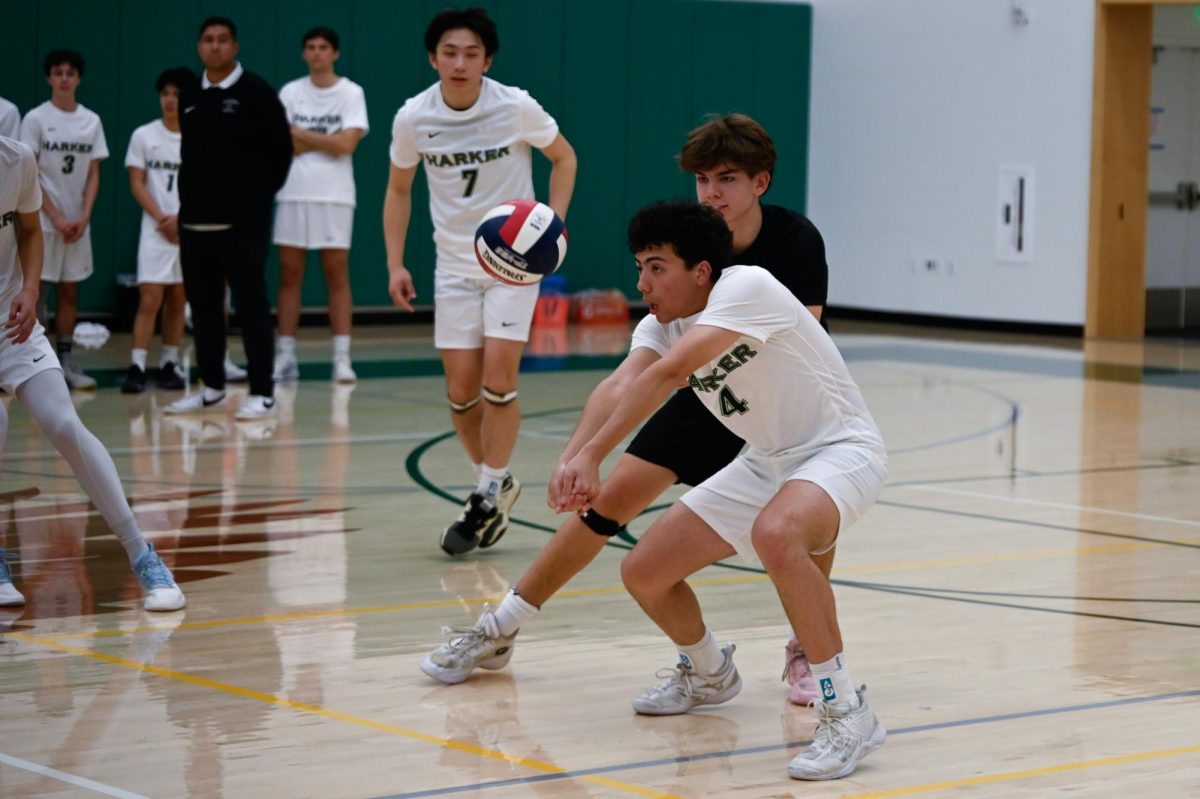
































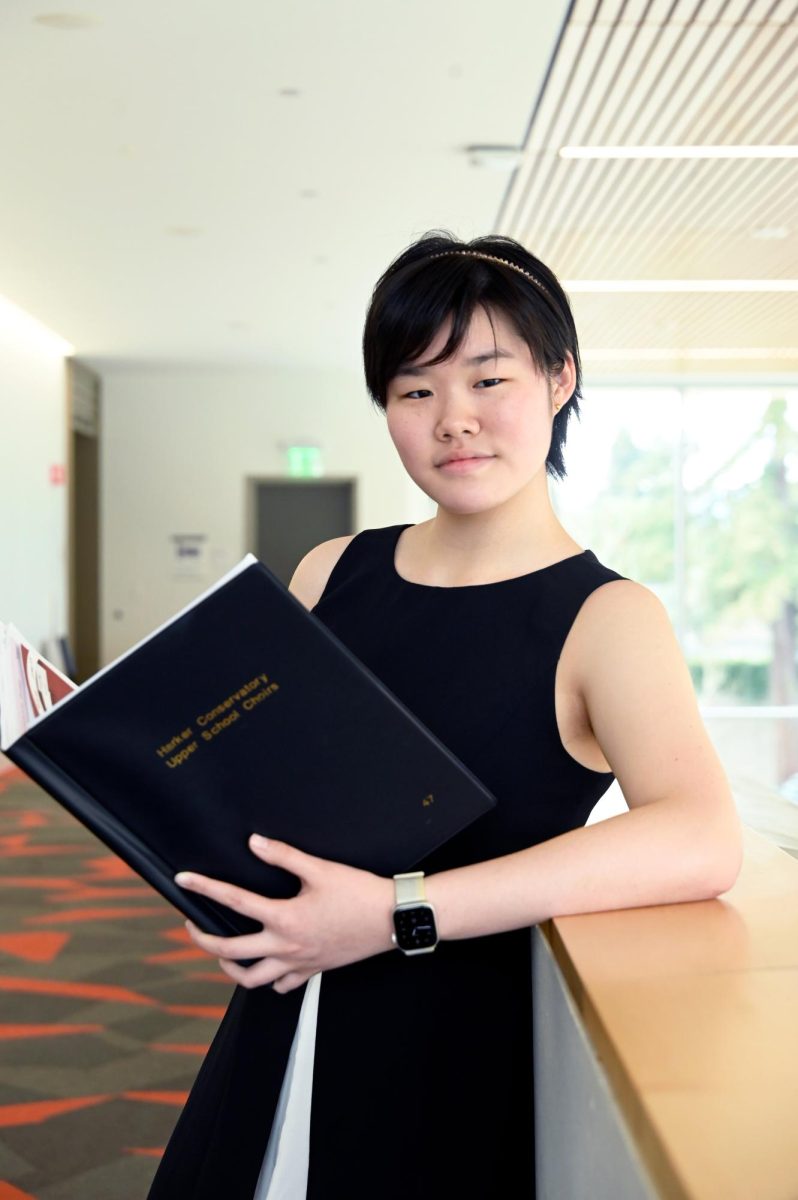








![“[Building nerf blasters] became this outlet of creativity for me that hasnt been matched by anything else. The process [of] making a build complete to your desire is such a painstakingly difficult process, but Ive had to learn from [the skills needed from] soldering to proper painting. Theres so many different options for everything, if you think about it, it exists. The best part is [that] if it doesnt exist, you can build it yourself, Ishaan Parate said.](https://harkeraquila.com/wp-content/uploads/2022/08/DSC_8149-900x604.jpg)


![“Animation just clicked in a way. I had been interested in art, but that felt different. [Animation] felt like it had something behind it, whereas previous things felt surface level. I wasnt making that crazy of things, but just the process of doing it was much more enjoyable, Carter Chadwick (22) said.](https://harkeraquila.com/wp-content/uploads/2022/08/Screen-Shot-2022-08-16-at-9.44.08-AM-900x598.png)


![“When I came into high school, I was ready to be a follower. But DECA was a game changer for me. It helped me overcome my fear of public speaking, and its played such a major role in who Ive become today. To be able to successfully lead a chapter of 150 students, an officer team and be one of the upperclassmen I once really admired is something Im [really] proud of,” Anvitha Tummala (21) said.](https://harkeraquila.com/wp-content/uploads/2021/07/Screen-Shot-2021-07-25-at-9.50.05-AM-900x594.png)



![“[Volleyball has] taught me how to fall correctly, and another thing it taught is that you don’t have to be the best at something to be good at it. If you just hit the ball in a smart way, then it still scores points and you’re good at it. You could be a background player and still make a much bigger impact on the team than you would think,” Anya Gert (’20) said.](https://harkeraquila.com/wp-content/uploads/2020/06/AnnaGert_JinTuan_HoHPhotoEdited-600x900.jpeg)

![“Im not nearly there yet, but [my confidence has] definitely been getting better since I was pretty shy and timid coming into Harker my freshman year. I know that theres a lot of people that are really confident in what they do, and I really admire them. Everyones so driven and that has really pushed me to kind of try to find my own place in high school and be more confident,” Alyssa Huang (’20) said.](https://harkeraquila.com/wp-content/uploads/2020/06/AlyssaHuang_EmilyChen_HoHPhoto-900x749.jpeg)













![“My slogan is ‘slow feet, don’t eat, and I’m hungry.’ You need to run fast to get where you are–you arent going to get those championships if you arent fast,” Angel Cervantes (12) said. “I want to do well in school on my tests and in track and win championships for my team. I live by that, [and] I can do that anywhere: in the classroom or on the field.”](https://harkeraquila.com/wp-content/uploads/2018/06/DSC5146-900x601.jpg)

![“I think getting up in the morning and having a sense of purpose [is exciting]. I think without a certain amount of drive, life is kind of obsolete and mundane, and I think having that every single day is what makes each day unique and kind of makes life exciting,” Neymika Jain (12) said.](https://harkeraquila.com/wp-content/uploads/2017/06/Screen-Shot-2017-06-03-at-4.54.16-PM.png)






